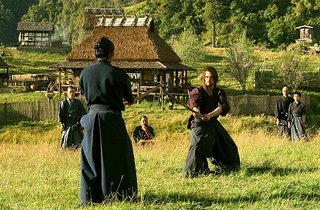 SURVIVAL OR CONQUEST?
SURVIVAL OR CONQUEST?The Greek verb, nikao, appears 17 times in the book of Revelation. I like how the English Standard Version translates it—“conquer”. It’s where the brand name, “Nike”, comes from. Of the 17 occurrences, two refer to what the “Beast” does to the “saints” (Rev. 11:7; 13:7), two clearly describe what Christ does or has done (Rev. 5:5; 17:14), two occurrences are found in the description of the first of the four horsemen (Rev. 6:2), while the remaining twelve portray the followers of Christ conquering (Rev. 2:7, 11, 17, 26; 3:5, 12, 21; 12:11; 21:7).
I believe that The Revelation should be read as a call to conquest rather than as a calendar of end-time events. It was written to beleaguered groups of people in Asia Minor. I imagine that they questioned whether or not the movement that Christ started would even survive. Then they get a message from Jesus Himself portraying them as victors rather than victims. And history has shown the vision to be true. In about three centuries, one of the kingdoms of the Dragon (the Roman Empire) has crumbled and the kingdom of the Lamb is thriving.
How did they conquer? Through the blood the Lamb, the word of their testimony, and they did not love their life even unto death. The war is still raging. Christ is still riding. The Dragon has other kingdoms. But Christ has called us to be Dragon Slayers. Try reading Revelation again as a training manual for Dragon Slayers.


